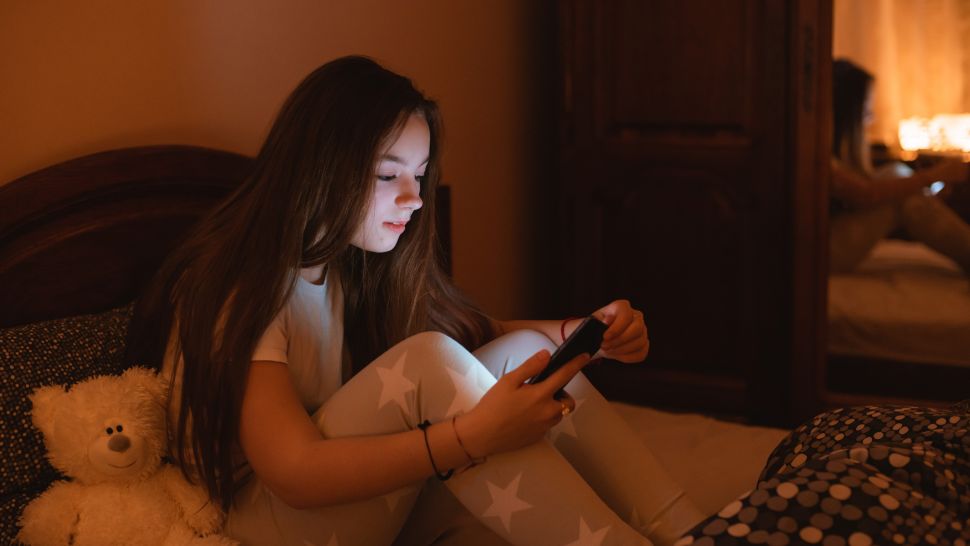With insufficient sleep, the risks for adolescents of deteriorating mood, impaired attention, and impulse control are increased. This was established by specialists from the American Academy of Pediatrics.
Due to early risers, extracurricular activities, and the widespread use of screen devices, teenagers rarely get the hours of sleep necessary for good health.
A number of studies indicate that about 6 out of 10 elementary school students sleep less than the recommended 9 to 12 hours of sleep per night, while in high school about 7 out of 10 students sleep less than the recommended 8 to 10 hours. More than one in five adolescents suffer from insomnia, characterized by trouble falling asleep, staying asleep through the night, or falling asleep.
When entering puberty, the circadian rhythm of the adolescent body changes. They begin to wake up and fall asleep several hours later than normal until now, and their desire to sleep also decreases.
However, maintaining optimal sleep duration and reducing the factors influencing it is of great importance. Experts recommend gradually changing harmful habits that worsen sleep.
Small and comfortable changes could lead to big positives, for example, providing suitable light for sleep, avoiding caffeine intake before bed, or eating heavy food.
Making big and extreme changes hardly leads to long-term positives, as teenagers rarely manage to sustain them for a longer period of time. For this reason, smooth changes lead to greater success.
An example of gradual changes is the gradual reduction of screen time before sleep, resulting in a shift to passive use of devices. For passive use of screen devices, watching a show or a movie is considered, and it is recommended that it be relaxing and non-engaging. Active use of screen devices means sending messages on social networks or playing video games.
The light emitted by screen devices lowers the release of melatonin. This hormone promotes normal sleep. For this reason, avoiding computers, phones, and tablets before sleep is recommended. Another way to reduce harmful rays is to use glasses with special lenses that block them.
Topical administration of melatonin to improve sleep in adolescents is not recommended due to the need for further information on its effects on growth and development, particularly during puberty. For this reason, the use of sleep supplements in adolescents should only be done after consultation with a pediatrician.
